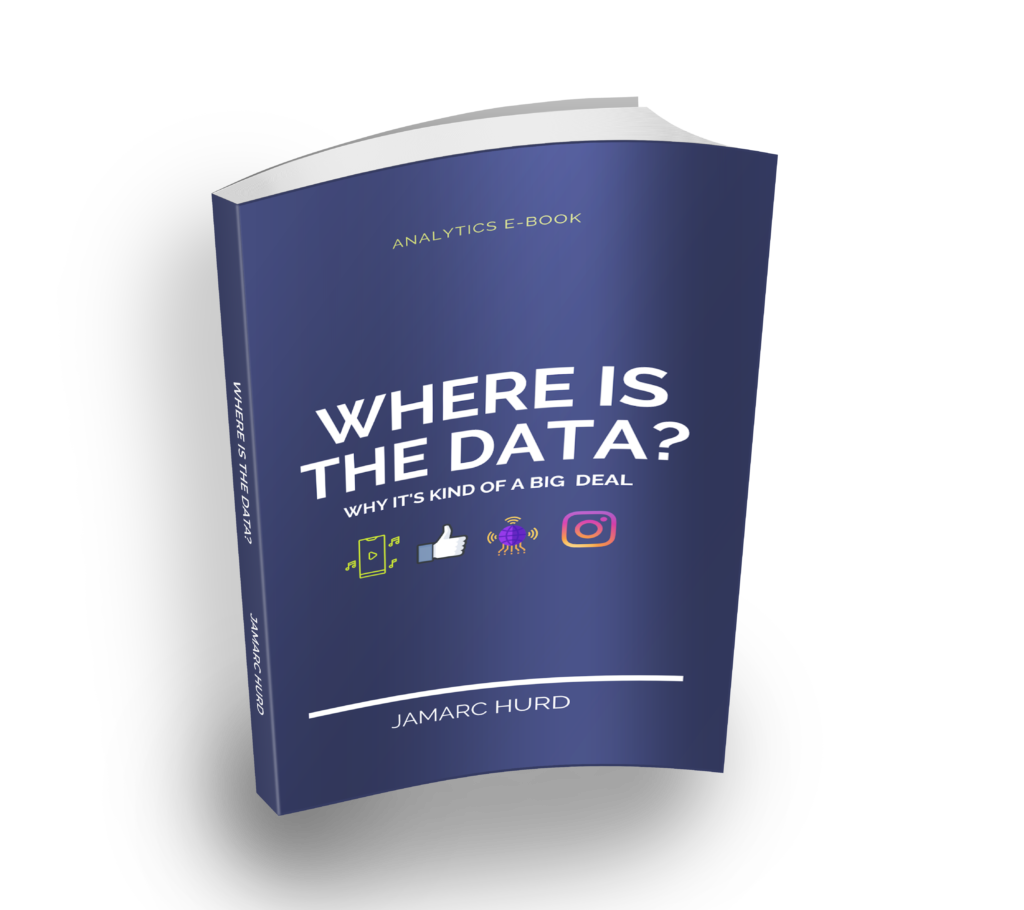SQL is the language of data — it’s a programming language that enables us to efficiently create, alter, request, and aggregate data from those mysterious things called databases. It gives us the ability to make connections between different pieces of information, even when we’re dealing with huge data sets. Modern applications are able to use SQL to deliver really valuable pieces of information that would otherwise be difficult for humans to keep track of independently. In fact, pretty much every app that stores any sort of information uses a database. This means that developers use SQL to log, record, alter, and present data within the application, while analysts use SQL to interrogate that same data set in order to find deeper insights.
Put simply, SQL is the language of data and information!
Finding SQL in Everyday Life
Think about the last time you looked up the name of someone on Instagram. I’ll bet you quickly noticed some quick information about this person from whatever in their bio and said hey “They have some cool pics or captions,” then clicked on different pics, links to other places. As you were navigating through that app, SQL was responsible for returning the information you “requested” each time you clicked a link. This sort of capability is something we’ve come to take for granted these days.
Let’s look at another example that is cutting edge that uses SQL to make it happen, this time at the intersection of local government and small business. Many metropolitan cities are supporting open data initiatives in which public data is made easily accessible through access to the databases that store this information. As an example, let’s look at Atlanta criminal databases information, demographics information and census data. (A Project I actually worked on)
Imagine you work at a nonprofit who was trying to get people registered to vote or add jobs in the community and your trying to locate these potential people. You could use SQL to combine the public criminal information, demographics, and census data in order to identify areas that have high populations, and contain alot of unregistered voters or people who are eligible even though they have criminal records. This might be a great opportunity to identify and registered voters! Now it’s easy for a small business to leverage data from the government in order to make a highly informed business decision.
Leveraging SQL to Boost Your Business
There are many ways to harness SQL’s power to supercharge your business and career, in marketing and sales roles, and beyond. Here are just a few:
Increase sales: A sales manager could use SQL to compare the sales of the last 3 years and in what areas to predictive and forecast the sales for the current year.
Track ads: A marketing manager responsible for understanding how well a ad campaign could use SQL to compare the increase in sales before and after running the ad.
Streamline processes: A business manager could use SQL to compare the resources in different departments in order to determine which are operating most efficiently.
For a introduction to SQL you can sign up for to get started
Introduction To SQL Workshop


